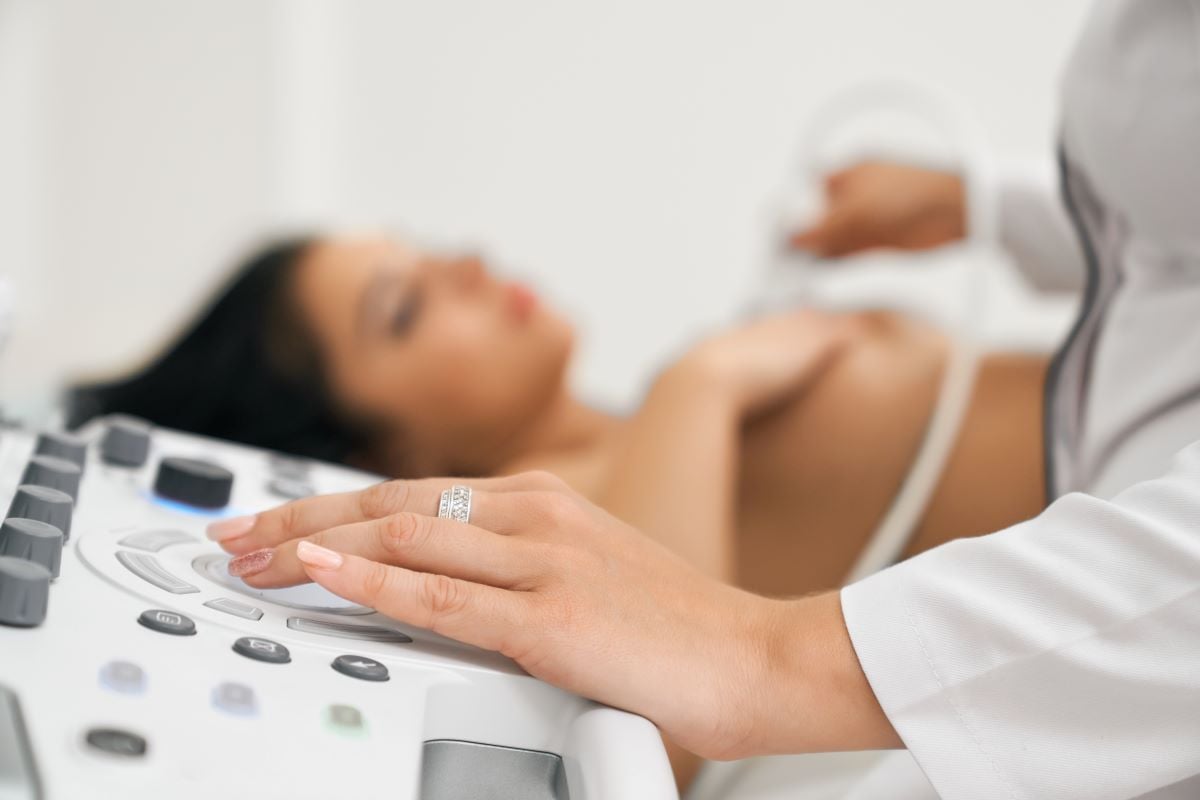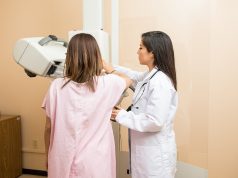Associations seen for Area Deprivation Index and urbanicity with distance to nearest breast imaging facility
By Elana Gotkine HealthDay Reporter
MONDAY, Aug. 19, 2024 (HealthDay News) — The geographic distance to facilities offering breast magnetic resonance imaging (MRI) or ultrasound is further than to those offering mammography, according to a study published online Aug. 12 in the American Journal of Preventive Medicine.
Eric W. Christensen, Ph.D., from the Neiman Health Policy Institute in Reston, Virginia, and colleagues conducted a cross-sectional study examining the distance between ZIP codes and the nearest breast imaging facility using data from the U.S. Food and Drug Administration and the American College of Radiology for 2023. Data were included for 29,629 ZIP codes with an Area Deprivation Index (ADI) and known urbanicity.
The researchers found that the unadjusted mean distances to facilities with breast MRI, mammography, and ultrasound were 23.2 ± 25.1, 8.2 ± 8.3, and 22.2 ± 25.0 miles, respectively. Associations were seen for ADI and urbanicity with increased distance to the nearest breast imaging facility. The additional miles associated with the least versus the most advantaged areas were 12.2, 11.5, and 2.4 for MRI, ultrasound, and mammography, respectively. The additional miles to breast MRI facilities was 23.2 for small/rural versus metropolitan areas.
“Given these findings, consideration of options to mitigate the impact of differential access should be considered,” the authors write.
Copyright © 2024 HealthDay. All rights reserved.








